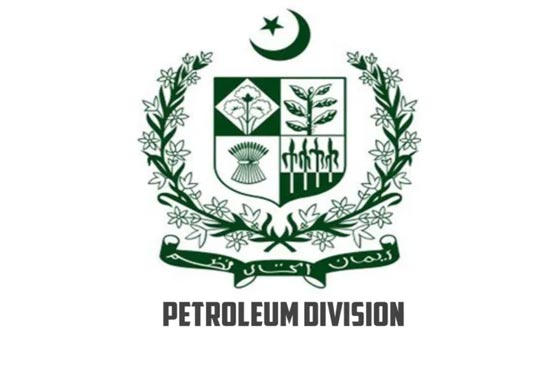Petroleum Division plans 'physical work' on PARCO coastal refinery before next summer

The refinery's design, licensing, engineering work, sizing and product-slab have been completed.
ISLAMABAD (APP) – The Petroleum Division is planning to start ‘physical work’ on the much-delayed Pakistan Arab Refinery Company (PARCO) Coastal Refinery before the next summer to achieve self-reliance in the oil production sector.
“All formalities including the refinery’s design, licensing, engineering work, sizing and product-slab have been completed. Hopefully the physical work on seven- billion dollar project will start before next summer after its formal groundbreaking,” a senior official privy to petroleum sector developments told APP.
The refinery project, which was approved in October 2007 but remained suspended due to paucity of funds, would have the capacity to refine 250,000 barrels oil per day, equal to 13 million tons of petroleum products per annum.
The official said the Petroleum Division had completed all the necessary requirements to upgrade the other four existing oil refineries operating in the country, terming the coastal refinery ‘biggest project’ of the country.
The refinery would be set up at Lasbela district of Balochistan province where the federal government had allocated 1,811 acres (7.3 km2) land for the project.
According to an official report, currently as many as five refineries are operating in the country with overall installed capacity of 417,400 barrel per day (BPD) oil and contributing significantly in meeting the petroleum needs through indigenous production.
Out of which, Pak Arab Refinery Limited (PARCO) has 100,000 BPD oil refining capacity, Attock Refinery Limited (ARL) 53,400 BPD, Byco Petroleum Pakistan Limited (Byco) 150,000 BPD, National Refinery Limited (NRL) 64,000 BPD and Pakistan Refinery Limited 50,000 BPD.
During the last fiscal year, the petrol consumption in the country stood at 7.6 MTs per annum, out of which 30 percent was being catered from local refineries and rest was being imported to meet the national demand.
Similarly, the consumption of diesel was around 7.3 MTs/annum. The local production could meet 65 percent of the total demand, while rest was being imported.
At present, thirty Oil Marketing Companies (OMCs) including Pakistan State Oil Company Limited (PSOCL), Shell Pakistan Limited (SPL), Total Parco Pakistan Limited (TPPL), Attock Petroleum Limited (APL), Gas & Oil Pakistan Private Limited (GOPPL) and Hascol Storage Limited (HPL) are operating in the country.
Among these OMCs, PSO leads with an overall market share of 42.5 percent, followed by APL with 10.9 percent, TPPL 10.3 percent, HPL 9.8 percent and SPL 8.3 percent.
OMCs receive, store and distribute the petroleum products in the country by utilizing their supply arrangements and infrastructure, comprising of their installations, storage depots, oil pipelines and retail outlets.
The bulk of 19.68 million tons of petroleum products required by the Pakistan’s market is transported by road (around 74 percent), Oil pipelines (24.4 percent) and Railways (1.5 percent).


